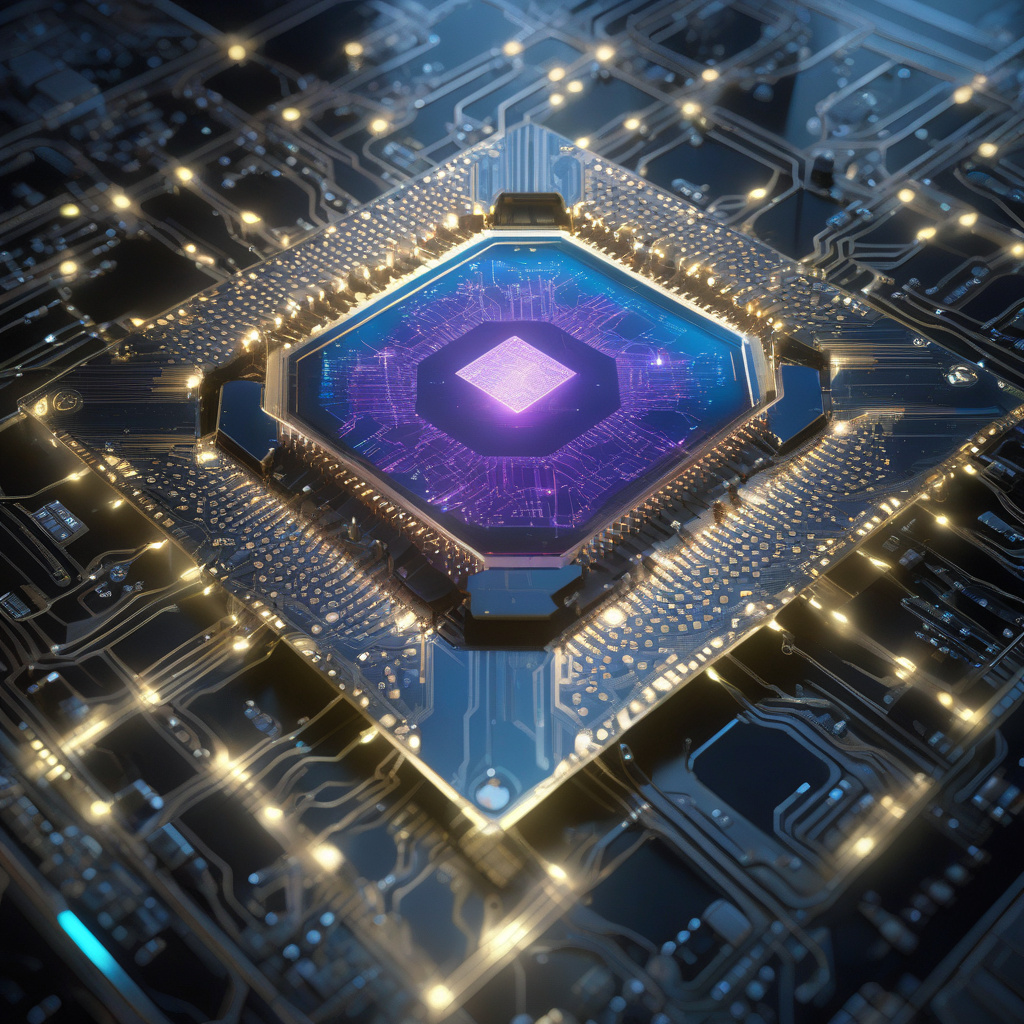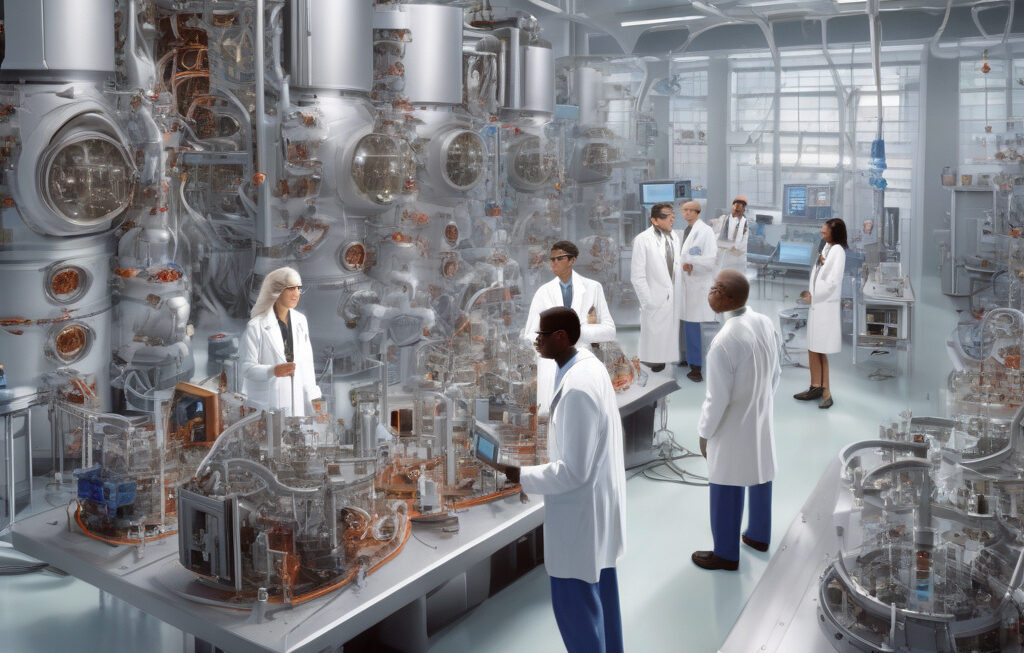Photonic Chips: Revolutionizing Sustainable AI Training with Light
In the realm of artificial intelligence, the quest for sustainability and efficiency is a constant challenge. The traditional methods of AI training, reliant on power-hungry processors, have long been scrutinized for their environmental impact and sluggish pace. However, a groundbreaking innovation in the form of photonic chips is changing the game, offering a greener and faster alternative by harnessing the power of light.
Recently, a team of researchers at Politecnico di Milano, in collaboration with partners, unveiled a pioneering technology that leverages light interference to carry out complex calculations essential for AI training. This novel approach not only significantly reduces energy consumption but also boosts computational speed, marking a significant step towards sustainable AI development.
The concept of photonic chips, which utilize photons instead of electrons to process data, has been a topic of interest in the tech industry for years. However, the breakthrough achieved by the team at Politecnico di Milano and their partners represents a major advancement in the field. By exploiting light interference phenomena within the chip’s structure, they have created a platform capable of performing calculations with remarkable efficiency.
One of the key advantages of photonic chips lies in their energy efficiency. Unlike traditional electronic chips that generate heat and consume substantial power during operation, photonic chips produce minimal heat and require significantly less energy. This not only translates to lower electricity costs but also reduces the carbon footprint associated with AI training processes.
Moreover, the use of light for computations enables unparalleled processing speeds, paving the way for accelerated AI training. By leveraging the inherent speed of photons, photonic chips can handle complex mathematical operations at a rate that surpasses conventional silicon-based processors. This rapid processing capability is crucial for training sophisticated AI models within a fraction of the time it would take with traditional methods.
The implications of this technological advancement extend beyond just AI efficiency. The integration of photonic chips into AI systems could usher in a new era of sustainable computing, where performance and environmental responsibility go hand in hand. As industries increasingly rely on AI for a wide range of applications, adopting greener technologies like photonic chips becomes imperative for reducing overall energy consumption and mitigating environmental impact.
In addition to their environmental and efficiency benefits, photonic chips also promise enhanced reliability and scalability. The inherent properties of light make these chips less susceptible to electromagnetic interference and signal loss, ensuring robust performance in various operating conditions. Furthermore, the scalability of photonic chip technology opens up possibilities for integrating them into diverse AI architectures, enabling customizable and adaptable solutions for different applications.
As the demand for AI continues to rise across industries, the development of sustainable and efficient training methods becomes a pressing priority. The work of the research team at Politecnico di Milano and their collaborators represents a significant leap forward in addressing this challenge. By harnessing the power of light through photonic chips, they have unlocked a path to greener, faster, and more efficient AI training, setting a new standard for sustainable computing practices.
In conclusion, the advent of photonic chips heralds a promising future for AI development, where innovation aligns with environmental consciousness. By embracing this transformative technology, industries can not only enhance the performance of their AI systems but also contribute to a more sustainable digital ecosystem. As we navigate towards a future driven by artificial intelligence, the integration of photonic chips stands out as a beacon of progress towards a greener and more efficient tomorrow.
sustainable technology, AI training, photonic chips, Politecnico di Milano, environmental efficiency












